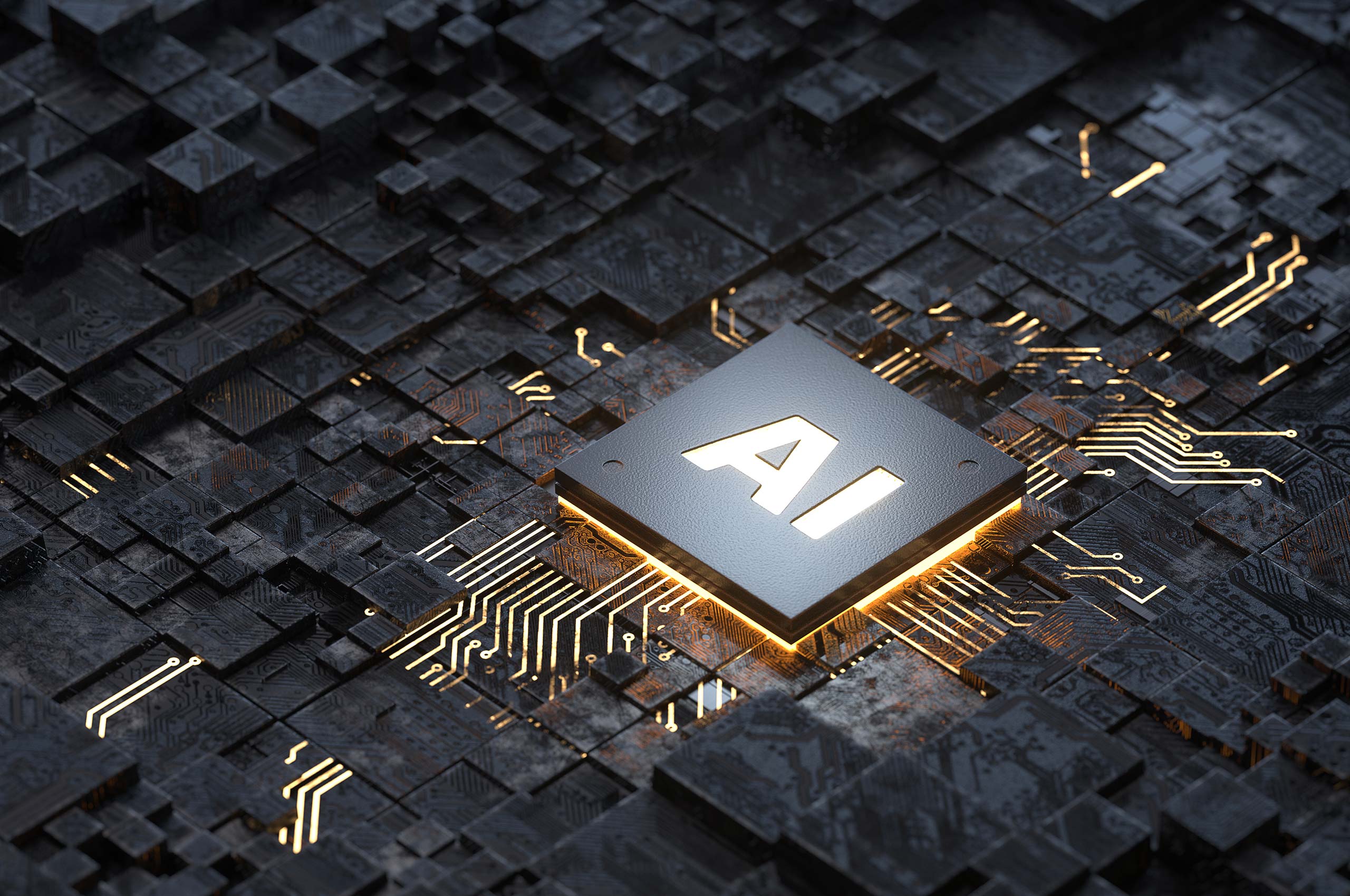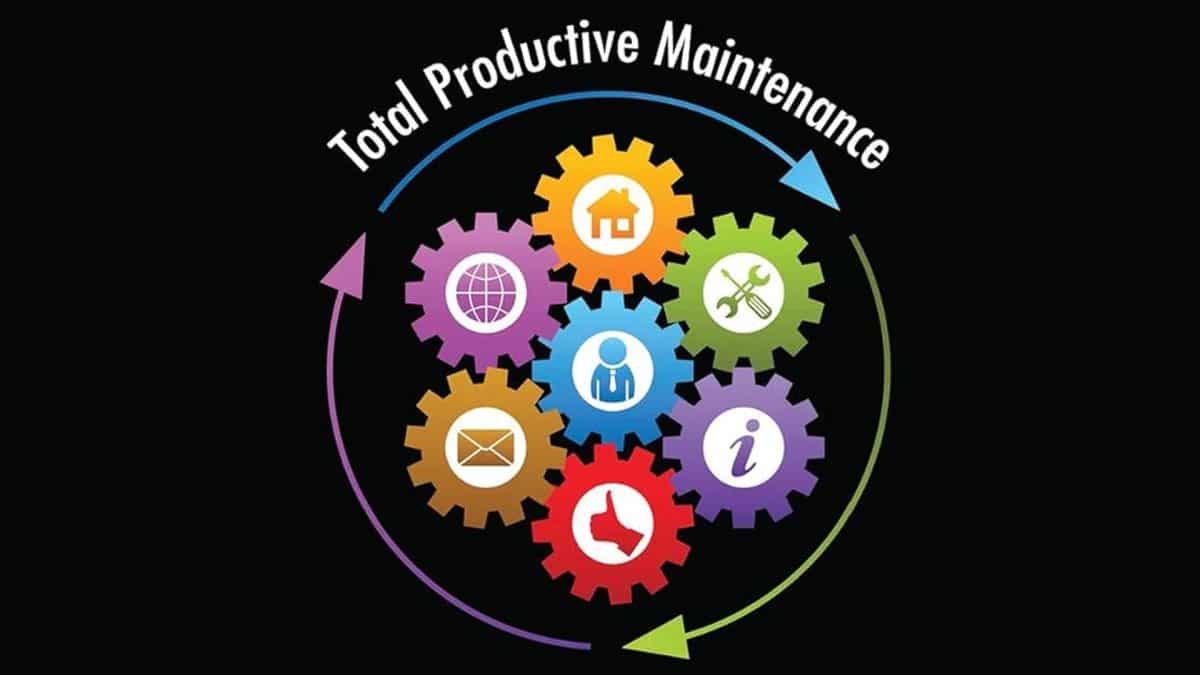February 25, 2025
Speakers List:
Jake Lansburgh: VP of Operations, Newfront
Varun Boriah: Head of Growth & Partnerships, Luminai
James Wake: Senior Director & Head of Banking & Finance, EMEA, Hitachi Digital Services
Stewart Reeder: Head of Insurance, EMEA, Hitachi Digital Services
Vitor Domingos: Lead Solution Architect, Hitachi Digital Services
Here’s what you missed:
How the Efficient Agentic AI Killed the Expensive Process Automation Star
Key Themes:
- Agentic AI vs. RPA Comparison: RPA is rule-based; Agentic AI is goal-oriented.
- RPA executes tasks; Agentic AI orchestrates workflows.
- RPA requires manual updates; Agentic AI improves itself over time.
- LuminAI’s Value Proposition: Democratization of automation through natural language input.
- Faster time to value (weeks vs. months for RPA).
- Lower automation costs by reducing reliance on engineering teams.
- Resiliency and self-healing capabilities.
- Newfront’s Quantifiable Benefits: Over 50% cost reduction in document retrieval.
- Increased reliability and speed of information flow.
- Ability to expand automation scope to a wider range of carriers.
- Explainability and Trust: While concerns exist about the “black box” nature of AI models, Agentic AI can incorporate open-source systems, guardrails, and audit logs to ensure traceability and explanability of decisions.
- Sustainability: There is a need to consider sustainability and energy usage when implementing Agentic AI. Optimization and use of sustainable data practices can help.
Insights:
- Organizations should assess their existing RPA implementations and identify opportunities to leverage Agentic AI for greater efficiency, adaptability, and cost savings.
- Financial services and insurance companies can benefit from Agentic AI by automating complex workflows, improving data accuracy, and enhancing customer service.
- Prioritize establishing clear business policies and guardrails for Agentic AI systems to ensure consistent results and mitigate risks.
- Consider the ethical and sustainability implications of Agentic AI and implement strategies to minimize their environmental impact.
FAQs
1. What are the key limitations of Robotic Process Automation (RPA) that Agentic AI addresses?
RPA, while useful for automating repetitive tasks based on predefined rules, often struggles with adaptability. When processes change, RPA bots can break down, requiring constant maintenance and leading to increased operational costs. RPA’s rigid nature limits its ability to handle dynamic workflows and complex decision-making, a space where Agentic AI excels.
2. How does Agentic AI differ from RPA in its approach to automation?
Agentic AI focuses on achieving goals rather than just executing tasks. It employs a dynamic, goal-driven approach, enabling it to make real-time decisions, learn, and adapt. Unlike RPA, which relies on predefined rules and rigid execution, Agentic AI orchestrates entire workflows, understanding objectives and improving itself over time.
3. What are the core components of an Agentic AI system?
An Agentic AI system comprises several key components. These include: Agents that handle specific tasks, a memory component that retains experience and facilitates learning, tool selection capabilities that allow the system to choose the best way to execute a task or API, and a focus on goals rather than just task execution. These components collectively contribute to the system’s intelligence and autonomy.
4. How can businesses embrace the shift towards Agentic AI to gain a competitive advantage?
Organizations can gain a competitive edge by leveraging Agentic AI for efficient, scalable, and cost-effective solutions. By moving from rule-based RPA processes to objective-driven Agentic AI, businesses can automate end-to-end workflows, reduce manual updates, and improve decision-making processes, ultimately achieving greater productivity gains and cost savings.
5. What kind of ROI can be expected from implementing Agentic AI compared to RPA?
Agentic AI implementations often yield a higher ROI than RPA due to productivity gains resulting from full workflow automation, and potential cost savings from reduced RPA maintenance. Agentic AI’s ability to learn and improve over time further enhances its ROI, making it a more valuable investment for organizations seeking long-term automation solutions.
6. How does LuminAI’s approach to Agentic AI differ from traditional Agentic AI implementations, especially concerning reliability?
LuminAI’s approach focuses on converting natural language instructions into a “business policy.” This policy acts as a set of guardrails for the AI to ensure that it completes its tasks in a consistent and reliable way. Rather than relying solely on the agent to complete an entire task, LuminAI employs agents to create the business policy and generate automation code from it, mitigating the risk of model drift over time.
7. What are some of the real-world benefits that Newfront experienced by implementing Agentic AI solutions through LuminAI?
Newfront experienced several significant benefits including a major cost reduction, increased reliability in document retrieval from carrier websites, and faster communication of information to customers. Aentic AI vastly improved speed and reduced costs by automating processes that initially required manual work.
8. How can Agentic AI and RPA coexist within an organization?
Agentic AI can supercharge existing RPA investments. Agentic AI helps organizations solve a new set of complex problems that are too difficult for traditional RPA. Agentic AI solutions complement existing RPA implementations and ultimately helps organization increase time to value on previous investment.
Here’s a short AI-generated podcast for you to listen to:



